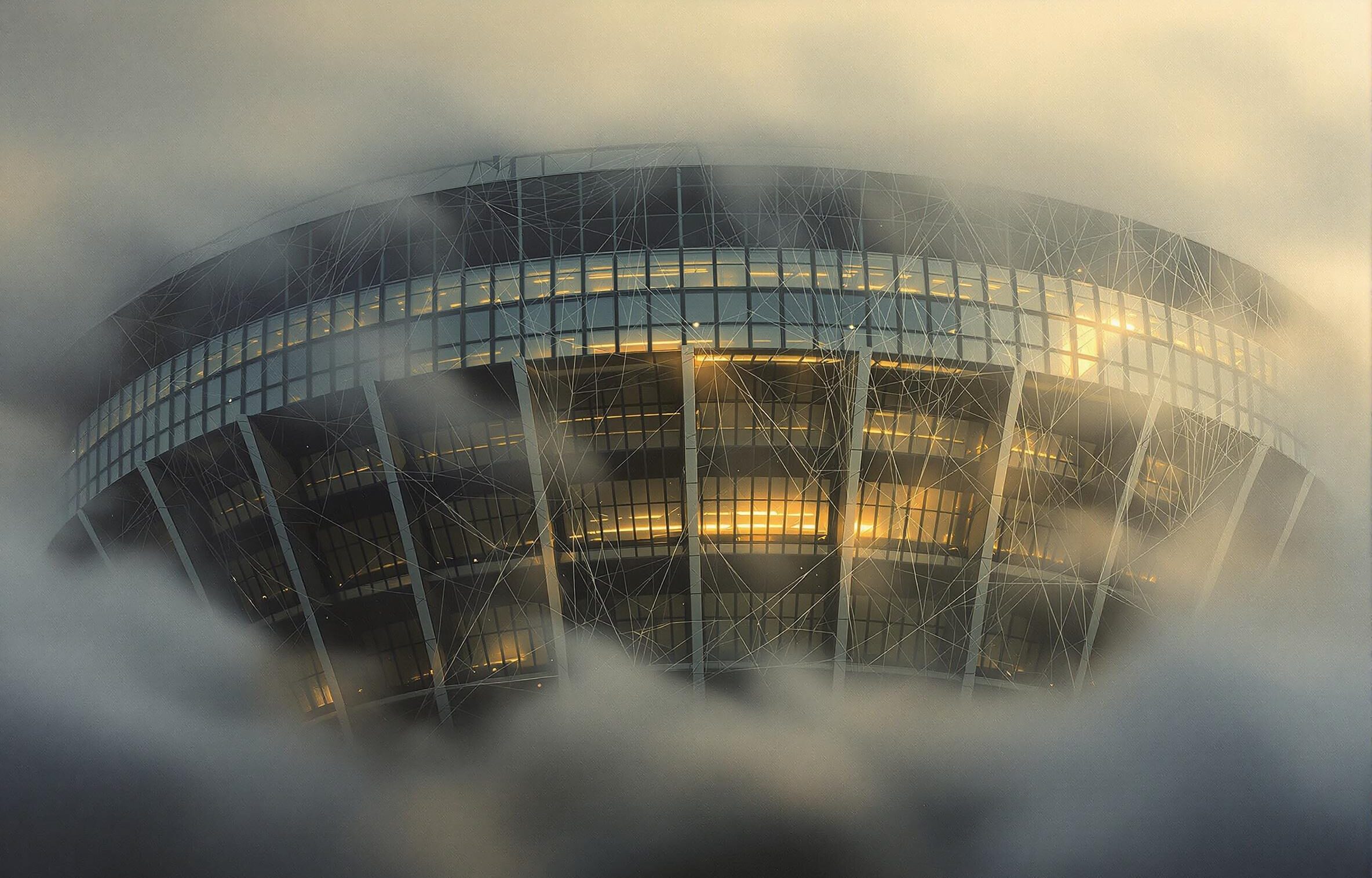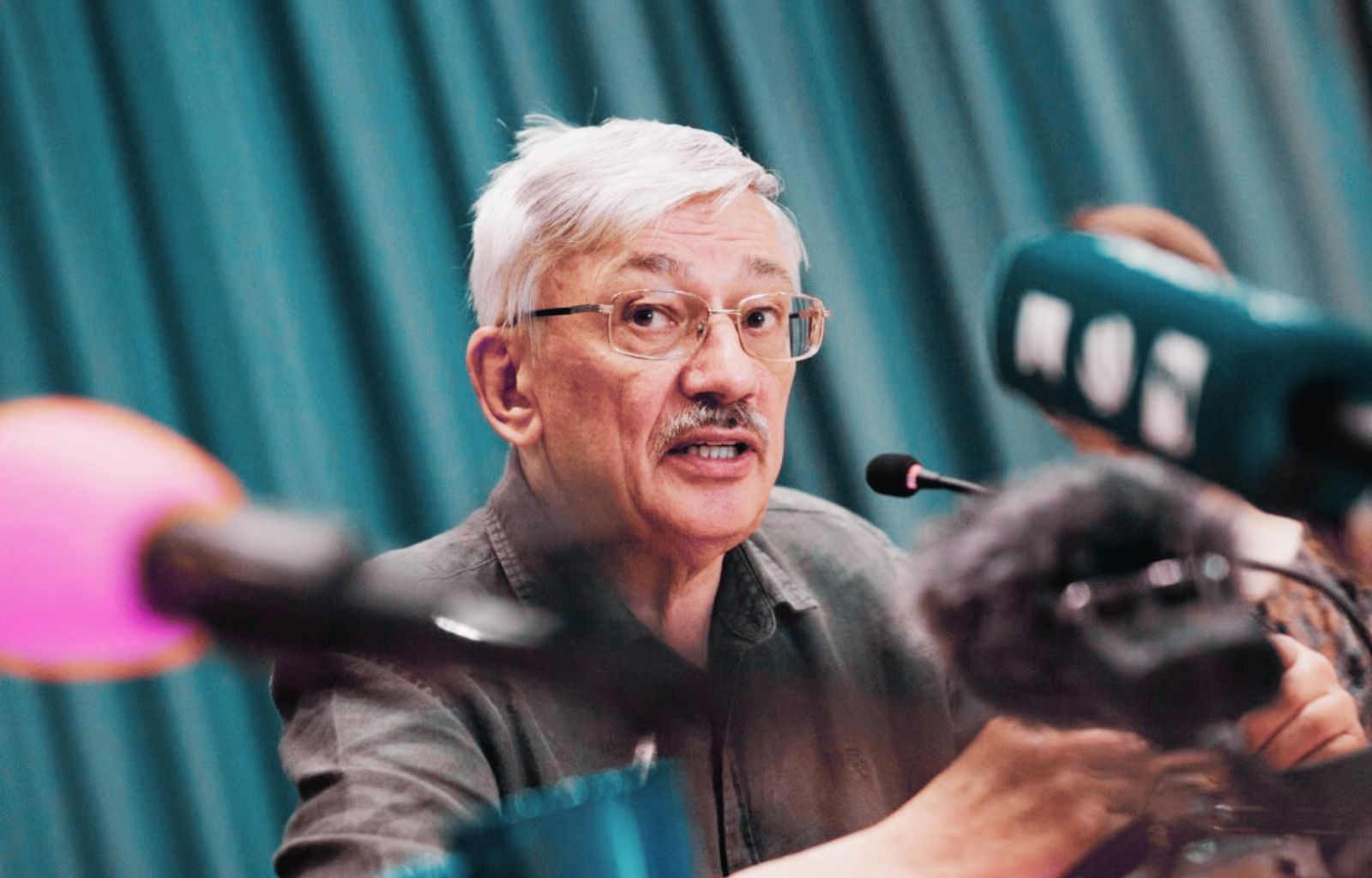Pagliara and the geopolitics of risk: ‘Taiwan is the West’s credibility test’
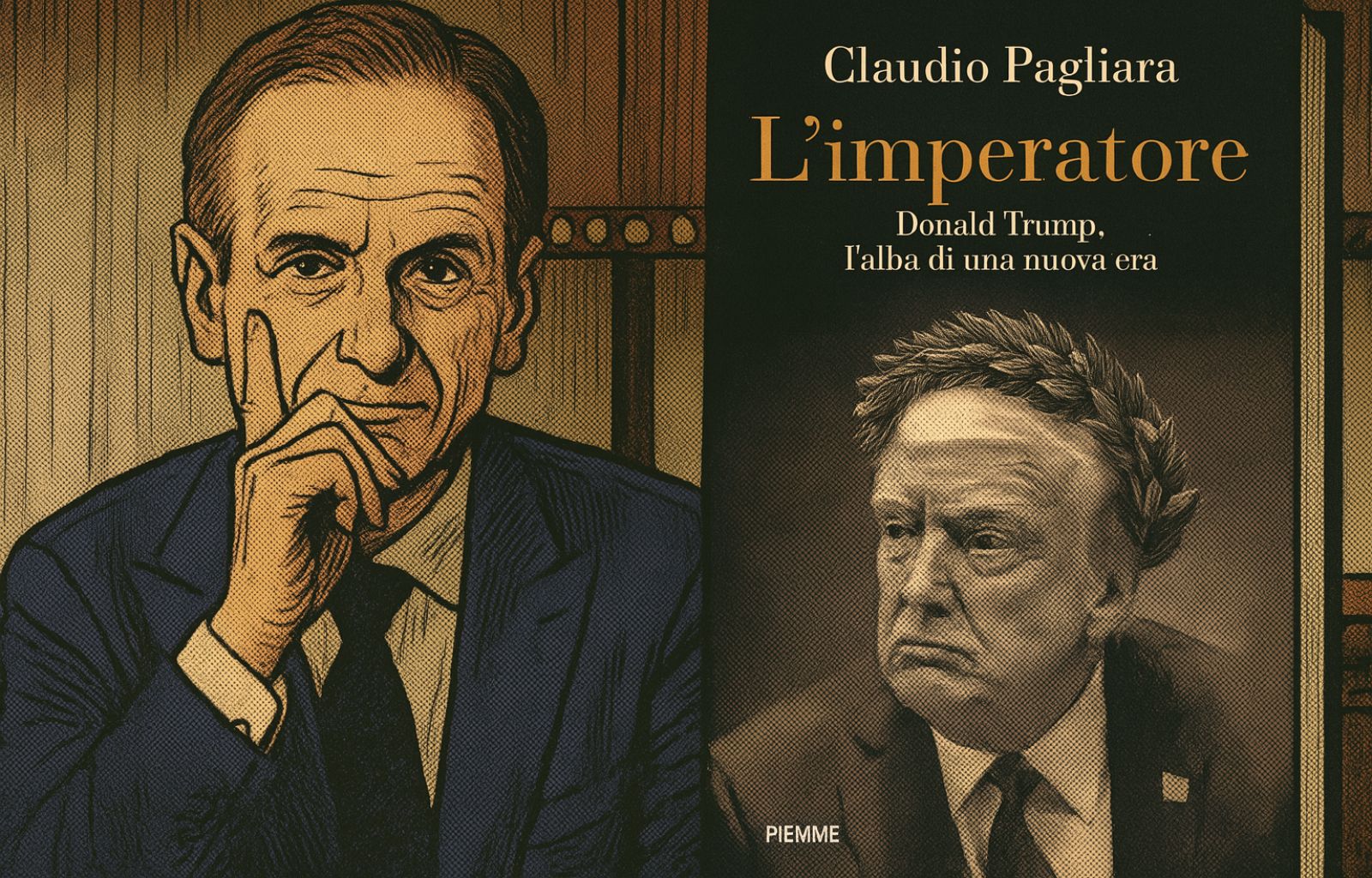
At a crucial moment for international balances, the experience and analysis of Claudio Pagliara, journalist and author of the book ‘The Emperor. Donald Trump, the dawn of a new era‘, offers a valuable insight into the tensions between the United States, China and Taiwan.
In the course of the interview, Pagliara addresses the hottest topics in current geopolitics: from American deterrence strategies to the challenges of Taiwanese democracy, passing through the growing role of NATO and the pitfalls of hybrid warfare. A dialogue full of insights into the dynamics that are redefining the future of Asia and the West, with a focus on the Taiwan dossier.
I deeply thank Claudio Pagliara for this great opportunity.
Today, in light of the changing global balance and a climate of total uncertainty, what could Trump’s posture be towards Taiwan? Especially should Beijing decide to invade the island.
The strength of the Trump presidency is its willingness to maintain uncertainty about its behaviour, and this is indeed a strength, and it has also demonstrated this recently with regard to Iran: after having ruled out an intervention against Iran, it actually did so, albeit in a limited way to prevent this from resulting in a war into which the US would be sucked.
Trump wants to avoid US involvement in far-flung conflicts and wants to use the enormous and unparalleled strength that the US still has, a military force as deterrence and to maintain uncertainty, which is moreover enshrined in the policy the US has always pursued towards Taiwan: strategic uncertainty, not revealing how it would react.
With Trump, this strategic uncertainty acquires a new status because he really is unpredictable and this unpredictability should hopefully act as a deterrent to a regime, the Chinese one, which, as we know, is very determined to achieve ‘reunification’ (as it is called in Beijing) with de facto independent Taiwan.
It is a deterrent because obviously no one really could tell today how Trump would react, probably not even Trump himself knows, it will depend on many circumstances, many conditions. Certainly China knows that such a step would cause it enormous global economic damage. This was also seen very well with regard to Russia. With China, sanctions would be even more devastating, certainly for the whole rest of the planet given what China represents from an economic point of view, which is many times bigger than what Russia represented, but it would also be devastating for China itself given that China’s economy is basically 65% export-based and this is also a very big Achilles’ heel. So, it is a possible step, but one that Chinese leaders will certainly ponder with great caution and care, even more so now that there is a Trump in the White House whose moves are by no means predictable.
I remember that when I was still in Beijing I was told at Beida University, by a university lecturer who is considered a great expert on China-US relations, that at the time of the first Trump presidency many Western journalists had written that Beijing was rooting for Trump against Hillary Clinton and he said to me: ‘you have understood nothing, for Beijing Hillary Clinton was predictable’, which in the mind of the communist leadership is really very difficult to accept. The unpredictability in relations with other leaders, this unpredictability still accentuated in the second Trump presidency and as seen very clearly in the Iranian issue, constitutes in my view a deterrent that will perhaps, hopefully, be sufficient to discourage Beijing from taking this step.
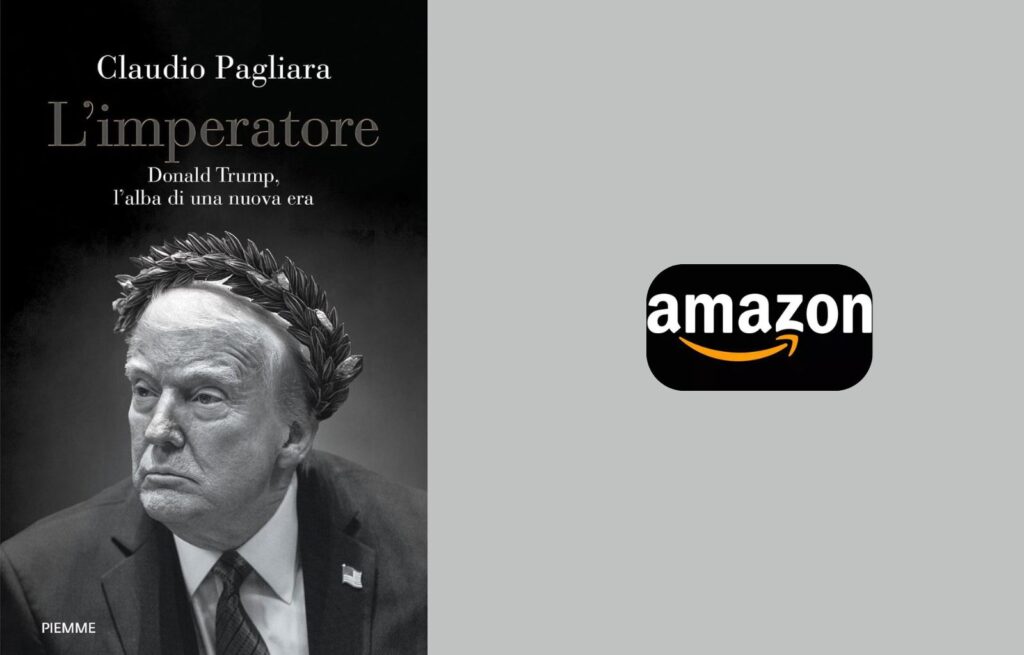
In your opinion, is it realistic, and above all necessary, for Taiwan to increase its defence spending to 5% of GDP, as indicated by Trump? And to what extent does such an investment represent a concrete strategic threshold to ensure deterrence against Beijing?
There is no magic number that guarantees Taiwan will not be invaded by Beijing, but there is an obvious need for an industrialised economy like Taiwan to demonstrate to a strategic partner like the United States that it is willing to sacrifice a slice of national wealth in its defence.
Trump’s US marks a turning point in relations between this country and the rest of the world.
When Trump says ‘America first’ he says it to everyone, to rivals, but also to strategic allies. The news of the duties imposed on South Korea and Japan, thus strategic allies, is of these hours.
Trump won the election because he was voted in by a people, the forgotten people, who have been marginalised by globalisation. He speaks to them and when he also says to Taiwan ‘we can defend you, but you (Taiwan) must increase spending’, it is very important in my opinion for Taiwan to do everything to answer this question in a positive way.
National security is at stake here, it is not a question of whether the US will intervene or not, the US may well intervene, but it is clear that, as the Ukrainian case shows, it must then be the people of Taiwan who fight to defend their independence in the most extreme case of an invasion, and this has yet to be proven. So many years of ‘wolfing down’ have clearly not been very helpful in creating a mindset that security has a cost, and I think the governments of first Tsai Ing-wen and now the new President (Lai Ching-te) are making great strides on this, but much remains to be done.
Increasing defence spending also means increasing spending on self-defence, to prepare the population for how to defend themselves and, in the worst case, to enable the army to hold out long enough for American troops to intervene.
So, a state that has such a big threat, so close obviously cannot but listen to its main ally and increase defence spending. No leader can say “we can’t go to 5%”, we have seen in other countries like the Baltics and Poland increase their defence spending a lot, get closer to 5% precisely because the threat to them is much closer than the Russian threat to Italy. No country is more threatened than Taiwan, so I think 5% is not an unattainable target for the Taiwanese.
Of course it struggles, everyone struggles, but you have to understand that the US will no longer act as the world’s policeman because it can’t even afford it anymore, it has internal problems that obviously come before all others.
Is today’s NATO also looking towards Taiwan?
In your opinion, has Taiwan really entered the radar of NATO’s strategic concerns? And can this represent a new deterrent for Beijing?
That there can be coordination in my opinion is in the facts, it is no coincidence that Xi Jinping and Putin signed an agreement providing for unlimited friendship, a few weeks before Russian troops invaded Ukraine, as we know.
Taiwan has always seen Ukraine as a mirror case of its own, a success of the West in defending Ukraine, i.e. a Russian success in Ukraine in my view would give the green light to Xi Jinping to attempt an invasion of Taiwan; therefore, it is necessary for NATO to play its part along with the US of course, but also the European countries with a greater role as is happening to defend Ukraine.
Of course, NATO is not among its tasks to defend Taiwan, but it can certainly send a very strong signal. NATO’s determination to defend Ukraine is a deterrent to Xi Jinping, the opposite, i.e. a defeat of Ukraine alas, I think would really be interpreted in Beijing as the green disk to be able to carry out this project which, as we know, is written in the chromosomes of the Chinese Communist Party which refers to China in its apogee of the Qing empire, when it also included Taiwan and therefore the determination of the Chinese Communist Party to achieve this goal cannot be questioned.
For NATO, it already does a lot if it can stop Putin in Ukraine and certainly with its allies, South Korea and Japan, there is coordination as we know at another level. But it is clear that NATO cannot be extended to Taiwan. This was born as an Atlantic alliance and so that is another area of the world.
Certainly it is very important for NATO to play an increasing role in Ukraine because we have seen that the US is asking NATO countries to increase their defence spending, and they are also asking this because they know that the real clash of hegemony is now increasingly being played out in Asia and therefore they must free up resources for that theatre there.
Hybrid warfare, espionage and social destabilisation: the new invisible front
Has China now shifted part of the conflict to the hybrid terrain? And how solid do you think Taiwanese society is in resisting this constant psychological and cultural pressure?
*It isa very important challenge indeed, hybrid warfare is in effect part of traditional warfare, in the sense that it can precede it and can serve to pave the way, weakening resilience, mood, conviction, so it is a huge threat.
The Taiwanese government, however, is at the forefront in this, indeed I think Europe should take an example from the Taiwanese government in countering cyber attacks, fake news.
(Referring to the Taiwanese government) They have many more tools than we in Italy have to counter this Chinese offensive, precisely because China uses these tools in a massive and unprecedented way to try to undermine the psychological resistance of the Taiwanese.
It is precisely because of this that they have developed, also thanks to the fact that they are a technological superpower, tools to counter it; therefore, from this point of view, I believe that they have the tools to resist it and indeed I hope that on this ground there will be a dialogue with European countries because we are much more permeable to Chinese and Russian disinformation campaigns than the Taiwanese are to Chinese disinformation, having developed antibodies that are very powerful.
In your opinion, is it this democratic light that frightens Beijing the most? Taiwan proves that an alternative to the Chinese system is possible – how ideological and how strategic is China’s aim to extinguish this light?
China’s communist enemy number one is of course a liberal-type democracy that has found extremely fertile ground in Taiwan after the dark years of Chiang Kai-shek, a country deeply rooted in Asian culture, also deeply Confucian that did not suffer the shock of the Cultural Revolution, yet a democracy that all indices point to as being at the top of the list of democratic countries in the world. So, being a Confucian country, speaking Mandarin and living in a democracy is possible.
This certainly frightens the Chinese communist regime enormously, which with increasing use of ever more sophisticated technology is and continues to restrict any space for democratic possibilities in its country. Democracy can be contagious, so I imagine that in wanting to annex Taiwan, shutting down this democratic country is high on the list of reasons why this is deemed necessary.
There are other equally important geopolitical ones: the frontline, the influence this would have on Japan and South Korea, the shifting of the geopolitical needle from the US to China if an annexation of Taiwan by force goes ahead.
All this carries weight, but one should not underestimate the fact that this Mandarin-speaking, Confucian democracy is a thorn in the side of the Chinese communist regime, which Xi Jinping would certainly like to extinguish at all costs.
Xi Jinping, absolute power or in internal crisis?
In your opinion, is it really realistic to imagine a post-Xi China? And how much can internal instability accelerate or curb Chinese aggression towards Taiwan?
Thank God, no one is immortal, so a China after Xi is not only possible but a certainty, sooner or later any of us will leave the scene in one way or another. The political stability of the Chinese regime is of course often described as very strong, the signs are many that things are not so.
Youth unemployment, the repression itself continues to increase. A regime that feels self-confident can also tolerate other voices within it a little; instead, tolerance is increasingly close to zero.
The economist who dared to say that unemployment is higher than the official statistics has not been heard from since he said that.
Any rumour even based on factual data that is not in line with what is the regime’s propaganda is silenced by increasingly sophisticated means. This in my view does not argue in favour of regime stability, but on the contrary, confirms the rumours that this regime is not stable and has not yet managed to put an end to the property bubble. This means that for tens of millions of Chinese, the future after work is as uncertain as ever. The real estate market has the same value in China as the securities market has in America.
Pension funds in America rely on Wall Street, in China the elderly have turned to the property market for security. A property market that continues to lose value implies that a growing segment of the population is in increasing difficulty and this too is a factor that increases the instability of the regime, hence youth unemployment, uncertainty for the elderly, an inability to carry out what was said by the communist leadership itself. So it was seen as a necessity to shift the Chinese economy from exports to consumption and it continues to be super dependent on exports (China) and therefore super vulnerable to tariffs. They have a great strength which is rare earths and in fact they have cleverly used that to force Trump to back down on duties, but as always when strengths are so obvious then the world runs for cover a little bit everywhere. Rare-earth mines are now beginning to be rediscovered, and it costs what it costs to activate them; therefore, it is not an eternal strength of China.
The weaknesses, on the other hand, are many, and then there are signs that have been revealed and I have also written it in the book, many, dozens, hundreds of leaders at local levels who had been appointed by Xi Jinping in recent months have been accused by various local bodies of corruption, this had normally happened the other way round, they were leaders not linked to Xi Jinping, who had been purged, accusing them of corruption.
This is seen by many sources as a sign that Xi Jinping’s imperial power in many provinces is beginning to wobble. Now we are not at the crumbling stage, no one can predict a collapse. Certainly I imagine that within the communist ruling group, which is not as monocratic as it seems, but more like a joint-stock company, there will be a component that will hold Xi Jinping accountable for the economic, strategic results of his now 15-year presidency and therefore it is also probable that from within, one day someone, a majority of the ruling group will ask him to step aside or force him to step aside. It’s a probability, it’s a possibility, we can’t really say whether this will happen in a month, a year, in ten years, but for now I don’t see many successes of the Xi Jinping presidency.
Economically speaking, yes there are electric cars that cost less than Tesla. There is this new wave of hyper-technological and certainly well-made and super state-funded products that are flooding western markets. But beware, all of this is extremely vulnerable with tariffs and Donald Trump has backtracked tactically, but Donald Trump’s goal is to force China to enforce market rules, knowing full well that if he did, the regime would collapse; therefore, he won’t do it and I foresee in the near future a very tough new confrontation on tariffs where China could be in a lot of trouble.
And perhaps also Xi Jinping’s leadership, which has focused everything on pushing the high-tech economy with public funding, without making the internal reforms that were needed and would then probably have produced a somewhat freer society.
Xi is convinced that the Communist Party’s interest in perpetuating itself as the only party in power comes before any other issue, including the longer-term interest.
History shows that dictators eventually fall unexpectedly and often violently. No one can predict when this will happen, but history is full of dictators who seemed very powerful until the day before and then were suddenly defenestrated. It does not have to happen like a taking of the winter palace. Much more dangerous for dictators are the uprisings that take place inside the control rooms.
I think Xi Jinping has gone a bit too far in centralising power, going back on all reforms, taking China back to the Mao era, closing the country to outside investment and not wanting to implement any political and social reforms.
I do not see excellent results from the point of view of the everyday life of the Chinese and this will perhaps sooner or later also lead to the end of his power.
How important, even symbolically, is international recognition for Taiwan today? And can it really affect the island’s strategic security?
Unfortunately, the One China Policy since its adoption has been a sword of Damocles on Taiwan from which it can never escape. As long as this rule applies, it is clear that no country can now afford to cut ties with Beijing to recognise Taiwan.
It is important to maintain very close economic, cultural and ever-closer relations with Taiwan. Obviously, diplomatic relations, as long as the One China Policy rule is in force, will only grow thinner as has been the case in recent decades: the number of states that recognise Taiwan diplomatically is steadily decreasing, but I would not make a tragedy out of it frankly.
The battle must be fought on international bodies. There is nothing to prevent Taiwan from being present in many international organisations such as the World Health Organisation, other organisations as an Observer Country, even though it does not have the status of a recognised country, as it has been in the past and as China has successfully avoided. On this perhaps Europe and the United States could do more.
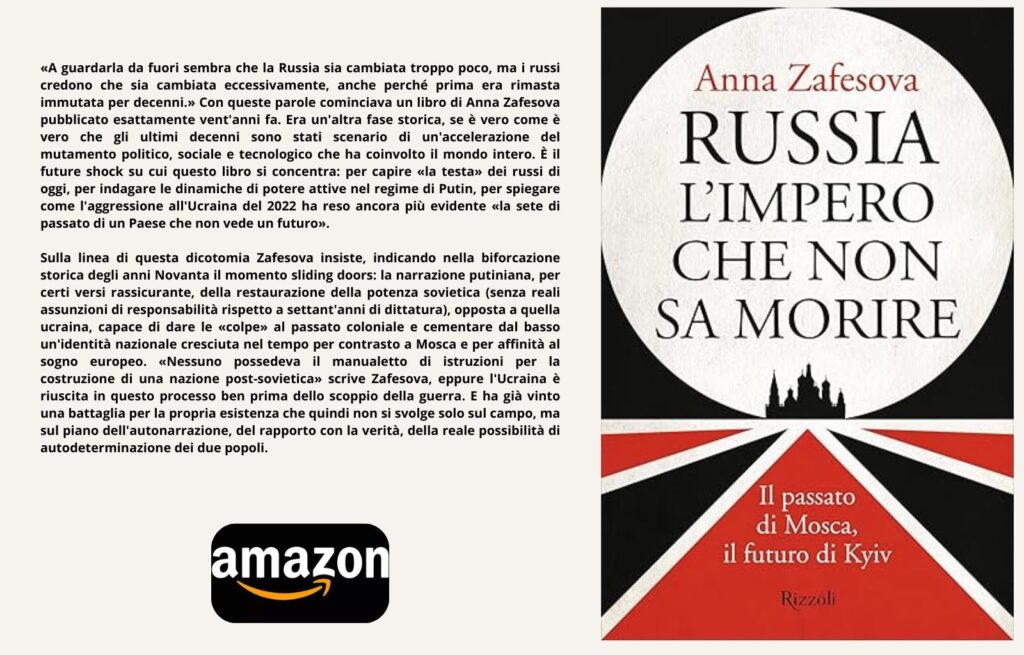
Trump, tariffs and China, so how far can Beijing be deterred?
Do you think Washington still has real margins to dissuade Beijing from military action? And what could be the real American red line on the Taiwan dossier today?
I believe that deterrence is still possible. Certainly we are at a very dangerous crossroads in history. There are forces that want to change the world order, Russia and China in the lead. At this juncture when the Chinese regime is struggling internally, the nationalism card with a military adventure in Taiwan is a real risk. On the other side of the scale, there are the costs of such a step.
The lightning conquest of Taiwan is not possible and Chinese strategists know this very well. The probability that the US would intervene is very high. All this weighs as strong deterrence. I believe there is still strong scope for deterrence. Of course, if the regime found itself on the ropes for reasons that perhaps even we do not fully know, it might attempt such an adventure as in the past.
What the West can do is defend the status quo and make it clear that violating it would have very serious consequences for Beijing. This it must say forcefully, without violating the principles and rules of international diplomacy. This is something that the West unfortunately often, for utilitarian reasons, does not say.
I remember Macron’s unfortunate expression when he returned from a trip from Beijing: he said that ‘Taiwan is not our problem’ and I think such statements should be avoided. We know that Europe is very divided on this.
But perhaps a more accurate reflection on what a fall of Taiwan would mean should be done collectively. Anyone who helps to understand that things are interconnected and that a Chinese takeover of Taiwan would also have repercussions in Europe would push Putin to be even more aggressive towards other European countries.
Understand that there is an axis that wants to change the balances that came out of the Second World War, which are certainly not eternal balances, but are balances that were based on respect for international law, on respect for democracy.
Countries that care about the future of liberal democracies should be a little clearer that there are red lines. The real red line that Europe can draw without breaking with Beijing is that of a diplomatic solution. That force not be used to alter the status quo in Taiwan.
This is the red line that should be stated very clearly on all possible occasions, that the use of force should be considered unacceptable and would have very serious consequences for Beijing as it did for Russia when it invaded Ukraine. This step would help to increase deterrence and prevent a slide into a conflict that would then necessarily be global and thus, this third world war in pieces, would unfortunately result in a total conflict.



